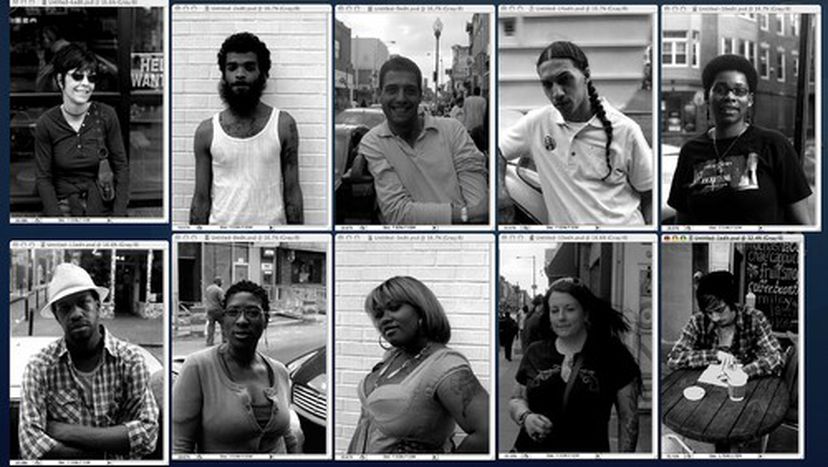
'Immigrants take bread from our mouths': racism adapts to the 20th century
Published on
Translation by:
 Kate Stansfield
Kate Stansfield
Discrimination has modernised to become more subtle and respond to the politically correct parameters that have spread throughout society
In recent decades, equality has established itself as an increasingly important value demanding a response from us all. Today, it is not right to discriminate under any circumstances, but the reality is very different.
The new racist profile
In the eighties, new theories were already emerging in the field of social psychology, which announced a kind of subtle, veiled racism. The profile of the racist has changed: it is no longer someone who openly expresses their beliefs about the genetic inferiority of different races. Instead, the modern racist defends equal and fair treatment of all groups but, in practice, he or she feels uncomfortable, fearful and anxious about anyone different to them. In other words, though there may not be a direct expression of prejudice due to social pressures (it is hoped that there is no discrimination), it is still strong enough to condition people’s behaviour.
'Adjusting our behaviour is what marks our social relationships, and we develop and perfect it throughout our entire life'
Clinical psychologist Celedonia García sheds some light on the issue: 'At the age of seven, children are already learning to differentiate between emotions that certain situations evoke in them and what they should express in line with what is socially established. They therefore keep inside the reactions they know will be punished socially and try to adapt to what others expect, even though there is no direct coherence between what they think or feel and what they express. This technique of adjusting behaviour is what marks our social relationships, and we develop and perfect it throughout our entire life.'
Justifying discrimination
‘Aversive’ racism, a term coined by Gaertner and Dovidio (1986), is characterised by the practice of discrimination justified by criteria other than race, thus maintaining one’s self image as a person without prejudice. This is the case of J.R., a 50-year-old made unemployed by the current crisis, who lets us in on his point of view. “I don’t have anything against immigrants, but it isn’t fair that they are working and people from here are not. They are taking the bread from our mouths.' This type of opinion is very common in the current climate. 'Immigration is sometimes linked to delinquency, destructurisation and loss of opportunity, so the majority (indigenous) group perceives it as a threat. ‘Aversive’ racists find within it an excuse to justify their negative attitudes towards the immigrant and to display discriminatory behaviour,' explains Celedonia García.
R.F., a South American waiter who has lived in different areas of Europe over recent years, confirms this by telling us that 'sometimes, when I went to job interviews, they asked me why I didn’t go back to my own country to look for work there, as if I had less right to eat than them because I had been born somewhere else.' The characteristic, subtle twists of the new racism can be amplified and become evident, giving rise to incidents of open violence in situations of conflict or when social conditions change and the majority group feels threatened. Currentlly, in the shadow of the economic crisis, we could state that such a moment has arrived, which would explain recent episodes of racism demonstrated in Europe.
Machismo and homophobia
This form of discrimination is also found in the rejection of other groups, such as women or homosexuals, towards whom an open and politically correct attitude is maintained, but against whom stereotypes and prejudices so socially interiorised are perpetuated that, sometimes, even those actually affected confirm them or include them on their scale of values, with the consequent threat to their well-being and self esteem.
In this way, though equality policies are exerting considerable influence on the collective conscience, they do not delve into the prejudices and implicit or subconscious attitudes, so difficult to identify and change. Although traditional aggressive discrimination has been eradicated, certain ‘silent’ parameters are still alive which restrict the freedom and equality of minorities and can end up being just as dramatic.
Translated from El racismo se adapta al siglo XXI


